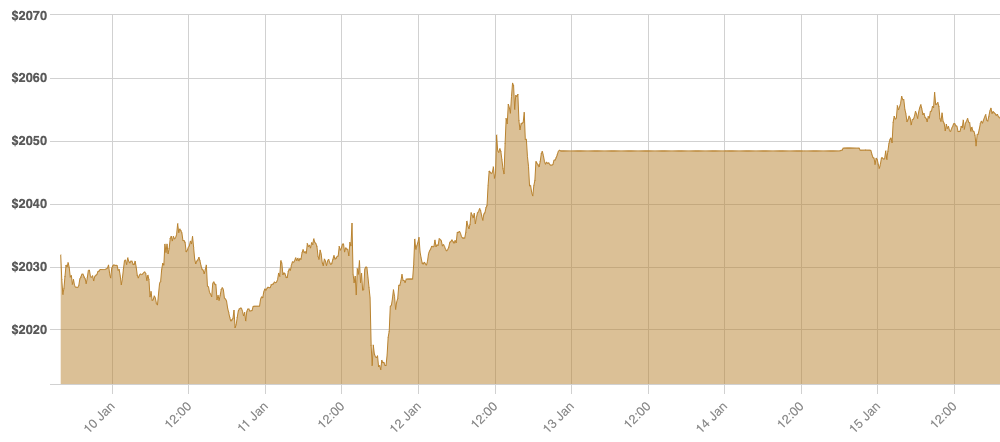Contact Us
Call sales & support on 01902 623 259 or email [email protected].
Our offices are located at:
Innovation House, 410 Stafford Road, Wolverhampton, West Midlands,
WV10 6AJ, UK
(Visitors / Meetings By Appointment)
Login / Register
Services
© Copyright Group International Ltd 2025. All rights reserved. VAT Registration GB 942 3179 24.
www.thegoldbullion.co.uk is a trading name of Group International Ltd, registered in England and Wales number 04497345, Registered Office: Innovation House 410, Stafford Road, Wolverhampton, WV10 6AJ.
* Please refer to our delivery page for more information.


















